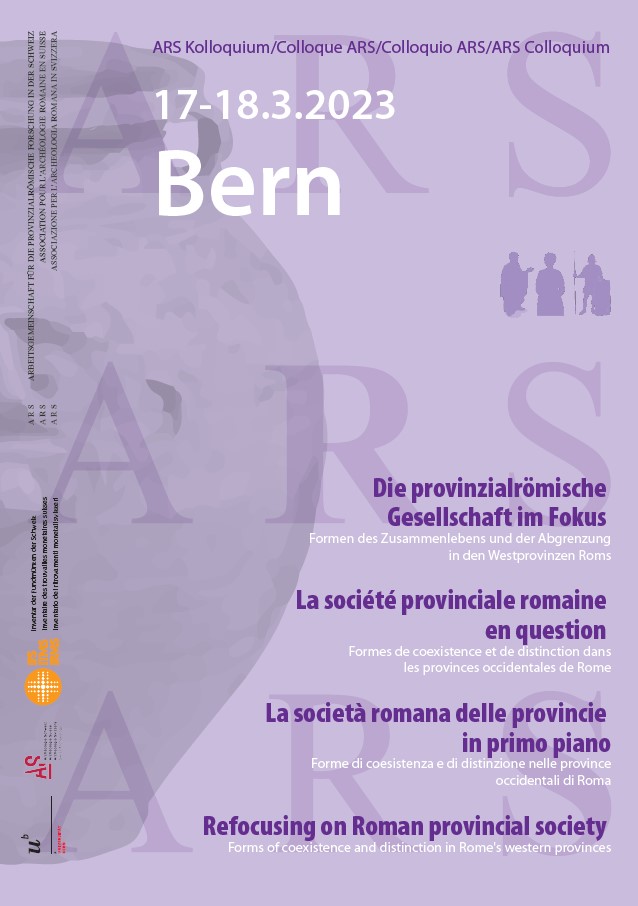Henry Clarke - Crafty Individuals in early Roman Iberia: the actions and interactions of skilled professionals in the Durius Valley and their place in the local social environment
Epigraphic evidence from the Durius River Valley in Iberia during the early Roman period enables us to identify specific, named individuals in the historical record. While attestations are extremely rare, some of these individuals chose to self-identify via their professional occupations, e.g. as craftspeople and stonemasons, and sometimes in relation to other skilled individuals. However, no written record exists for most of these ‘crafty’ individuals. How then are we to evidence their actions and interactions?
This paper will first establish the sort of skilled individuals we can identify from explicit epigraphic expressions of occupation (e.g. on votive and funerary inscriptions, graffiti, potters stamps and tesserae hospitales or hospitality tokens). I will then analyse how we can reconstruct the actions, interactions, and identities of these skilled professionals by the products of their labours, the movement of goods, and the role of itinerant individuals and social networks. In line with structuration theory, the paper will also explore the response of local communities to the actions of skilled professionals via archaeological evidence from local settlements. In particular, I will reassess the presumed segregation and marginalisation of artisanal communities to areas beyond population centres (e.g. at Pintia and Rauda in the Durius basin), with a view to emphasising the centrality of this ostensibly less privileged social group to local lived experiences and performances of identity long before the advent of Roman hegemony in the region. Ultimately, I will consider how the experiences of these skilled individuals may have evolved in the context of the major cultural shift represented by the establishment of Roman power in the Durius Valley.
